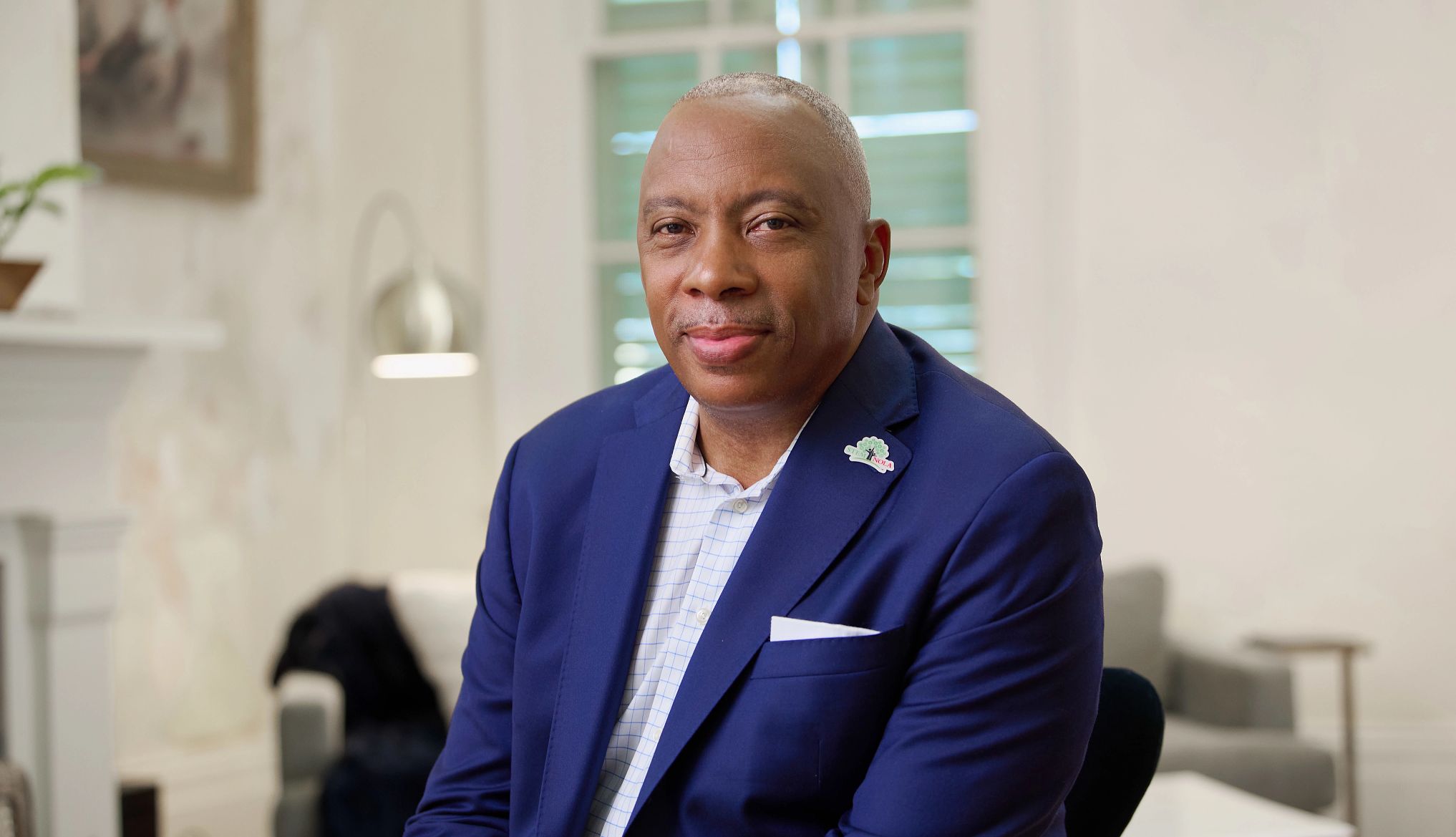
- Select a language for the TTS:
- UK English Female
- UK English Male
- US English Female
- US English Male
- Australian Female
- Australian Male
- Language selected: (auto detect) - EN
Play all audios:
There’s a split between American elites and non-elites in how they see China. The average American hasn’t had a particularly warm feeling towards China since Tiananmen Square, if ever. We
know the Chinese don’t allow freedom of speech or expression. We know they don’t allow freedom of religion if they deem it a potential threat to the state, whether it’s the Catholic Church
or Falun Gong. We know their version of capitalism is state-run and competing with them is unfair, because many of their workers toil away in conditions that we in the West would find
inhumane and appalling. We know their pollution standards are lax compared to much of the West. We know they’re building up their military, are aggressive with their neighbours, and are
determined to outpace us in the development and use of technology. And _then_ we learned that they have anywhere from a million to two million people from the Uighur ethnic minority in
concentration camps. And _then_ the cops started beating protesters on the streets of Hong Kong. Corporate America, and the elected leaders in both parties who feel aligned with the business
community, see China almost entirely as a giant investment opportunity. American CEOs’ financial imaginations dance with joy as they envision scenarios where every person in China buys one
of their products, increasing sales by more than a billion. Airplanes, Coca-Cola, basketball jerseys, movies, grain, pork, music, luxury goods — whatever it is you make, China is a
gargantuan gathering of increasingly-wealthy customers beyond your wildest dreams. America’s business community has no interest in changing China. If you read the autobiography of Howard
Schultz, the man who set up Starbucks, he writes with passion and eloquence about how its mission goes well beyond selling coffee. The chain also aims to shape America’s communities and
promote certain values: racial dialogue, tolerance and LGBTQ rights, and so on. But he also writes that it just doesn’t see a way to promote its values in China and it doesn’t want to try:
“In countries outside the United States where Starbucks does business, I do not believe the company is in a position to proactively effect social and political change to the degree we might
in the United States, where being an American company gives us the theoretical license to try. We do not have such expansive license in other countries.” Schultz wants to change the world —
except for China, which he’s comfortable leaving alone. America’s CEOs believe they were put here on earth to change what the Chinese purchase, but not to otherwise change the thinking of
1.2 billion people — certainly not on things like human rights, workers’ rights, justice, freedom of expression or the environment. This is a convenient modesty that allows them to embrace
any “woke” cause or idea that aligns with their marketing message in the West, but never requires them to confront the fact that their business in China is entirely dependent on staying in
the good graces of a regime that has proven ruthless and brutal when it wants to be. Corporate America is deeply concerned about American police brutality, but willfully blind to the
workings of the world’s largest police state. The National Basketball Association (NBA) was the most vivid recent example of this. One NBA team’s general manager tweeted out a seven-word
message of solidarity with the protesters in Hong Kong, and the Chinese government reacted with volcanic outrage. Houston Rockets apparel was yanked from store shelves in China. The league
offered a Chinese-language apology, and NBA players who were famously outspoken suddenly offered rote hosannas to how much the league loved China. When NBA teams played exhibition games
against Chinese teams in the US, arena security ejected fans who brought pro-Hong-Kong signs and banners to the games. Rather than exporting American values to China, the NBA’s partnership
brought Chinese values regarding free speech to the US. President Trump has repeatedly proven to be an inconvenient fair-weather ally to those who want better human rights conditions in
China. Trump, indeed, sees China as a foe, but he came to this conclusion almost entirely through the lens of past trade agreements and seems to have difficulty seeing China outside of that
context. If Trump cares about human rights in other countries, or if he even thinks about the issue much, he hides it well. Even his boldest statements can be subsequently revised. In
September 2017, Trump accused North Korea’s regime of “torturing beyond belief” American student Otto Warmbier, and in the following January’s State of the Union, he cited the treatment of
Warmbier as evidence of the “depraved character of the North Korean regime”. Six months later, Trump was shaking hands with Kim Jong Un at a summit in Singapore, and six months after that,
he said he believed Kim’s explanation that he was out of the loop: “I really don’t think the top leadership knew about it.” There’s a theoretical argument that the president of the US could
strategically hold back on harsh criticism of China’s actions regarding Hong Kong, while negotiating a high-stakes trade deal with Beijing. But that represents a concession in and of itself.
What was the US getting from Xi Jinping in exchange for the president pretending not to notice cops beating people in the streets in Hong Kong? Calling into the cable news morning show “Fox
and Friends” — the new unorthodox venue for updates on the foreign policy views of the United States — Trump declared, “We have to stand with Hong Kong, but I’m also standing with President
Xi. He’s a friend of mine… I’d like to see them work it out, okay?” Not exactly a Churchillian defence of liberty in the face of an authoritarian threat. That’s why it was a pleasant
surprise last week when Trump signed two bills designed to help the Hong Kong protesters. The first authorises sanctions on Chinese and Hong Kong officials responsible for human rights
abuses, while the second bans the export to the Hong Kong police of US-made crowd control munitions, such as tear gas, stun guns and rubber bullets. The gestures won’t change much on the
ground but represented the US government finally taking a side and standing with the protesters. The protesters were thrilled and Beijing’s rulers were outraged; their foreign ministry
launched a Twitter diatribe about the terrible state of race relations in the US. (Pardon us for ignoring lectures on minority rights from a regime running concentration camps.) But the
administration’s stance can change quickly. As seen with his statements about Warmbier, Trump is capable of assenting to any implausible excuse in pursuit of what he sees as a grand deal and
a heavily-hyped summit. Who sets American policy towards China? Right now, three or perhaps four forces are jostling for control. Members of Congress are the force most visibly
uncomfortable with US relations with China, and most outspoken about developments in Hong Kong. And the split on China doesn’t necessarily follow the partisan divide. Democratic House
Speaker Nancy Pelosi and GOP Texas Senator Ted Cruz are among the tougher critics of China on Capitol Hill. But most of corporate America and export-minded lawmakers from the farm states,
just want to get back as quickly as possible to the familiar realm where America merely tut-tuts, while China purchases gobs of American agriculture and other US products. The president
wants a trade deal that he can tout as “winning,” and has never been that focused on the details. The broader American people are vaguely hostile towards China, but coverage of the Hong Kong
protests has only intermittently broken through an American news cycle that’s currently dominated by impeachment and the early start to the 2020 presidential campaign. The relationship
between the US and China might well define the twenty-first century, but so far the topic seems to be of middling interest to the American people. The protests in Hong Kong are forcing a
long-delayed, and largely unwanted, grand reckoning on at least two continents, forcing Americans to recognise that three decades of expanding trade with China has not, as advocates
promised, softened the Chinese regime. _ _









